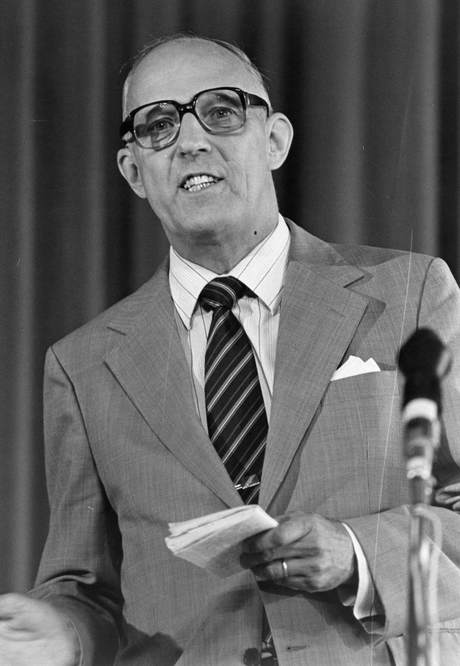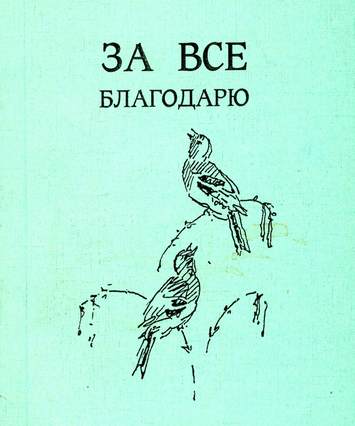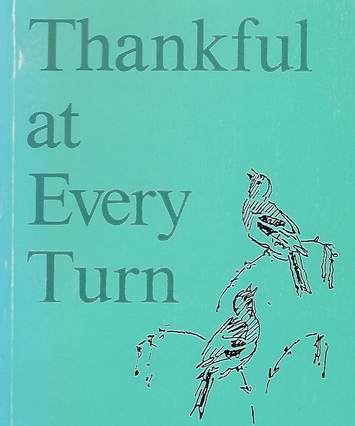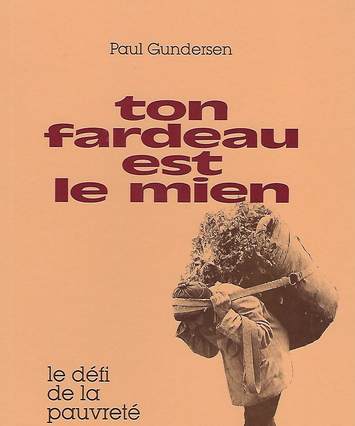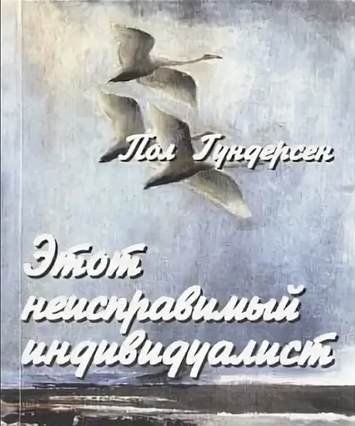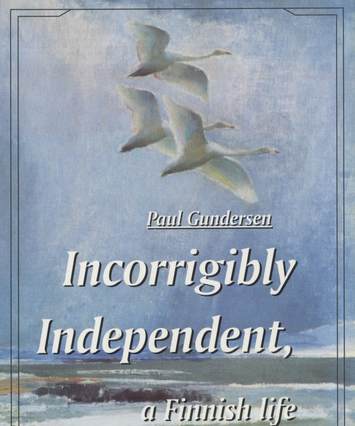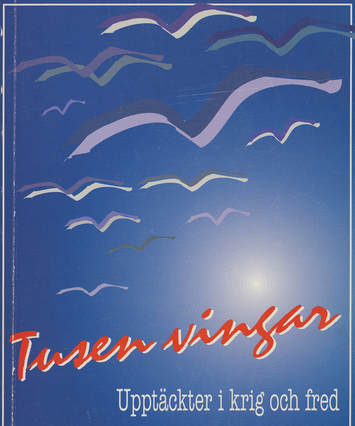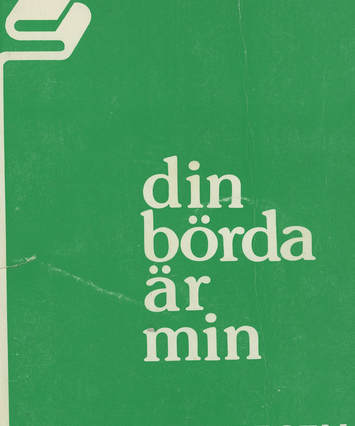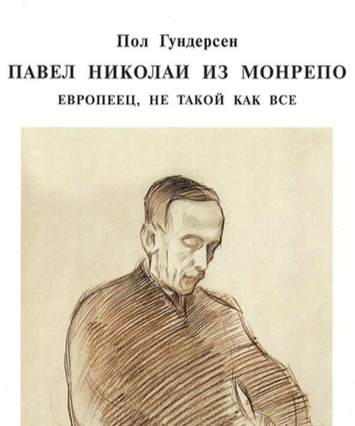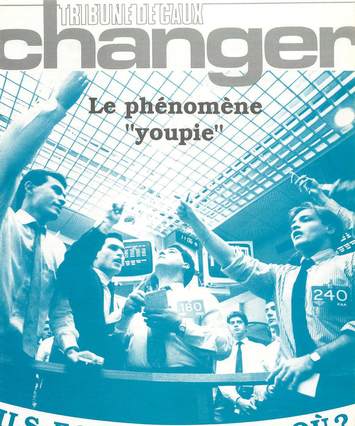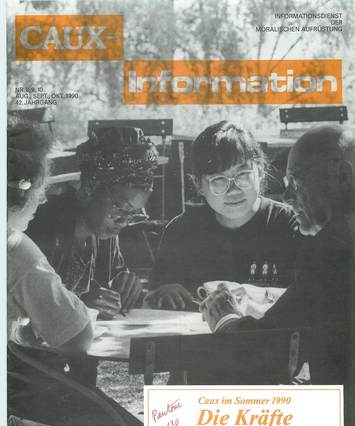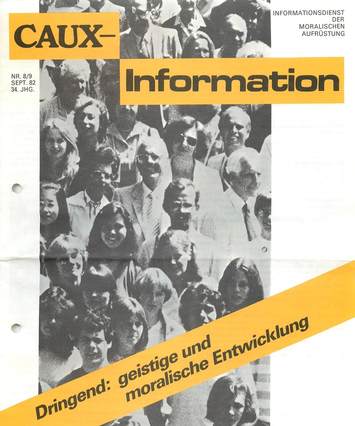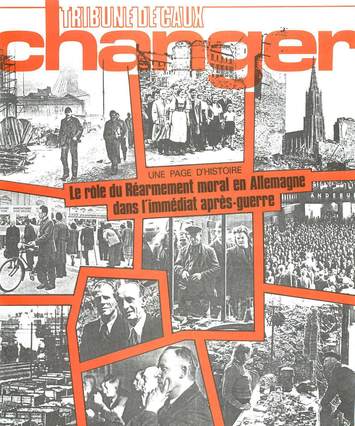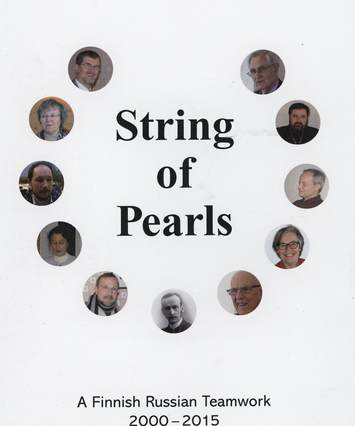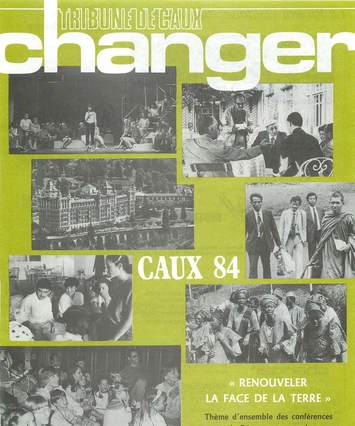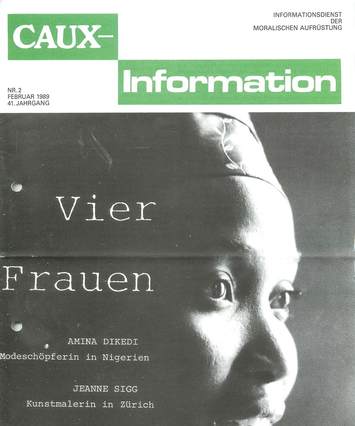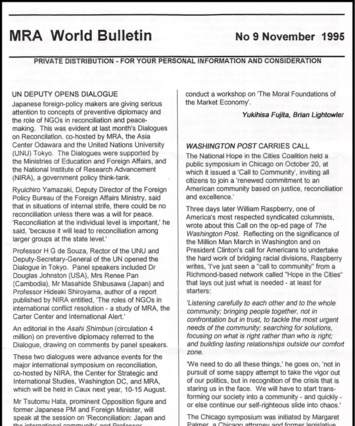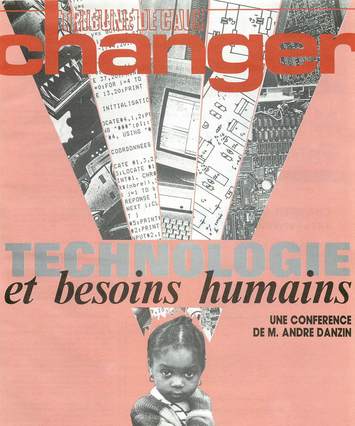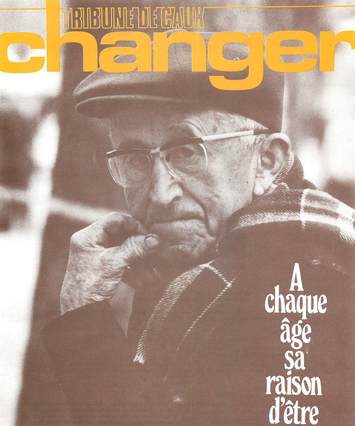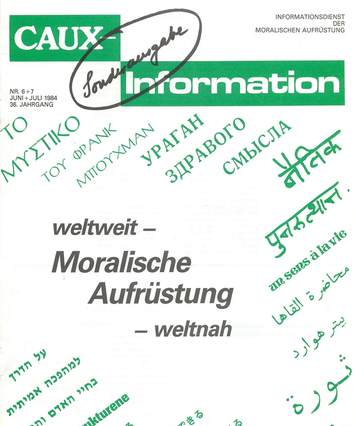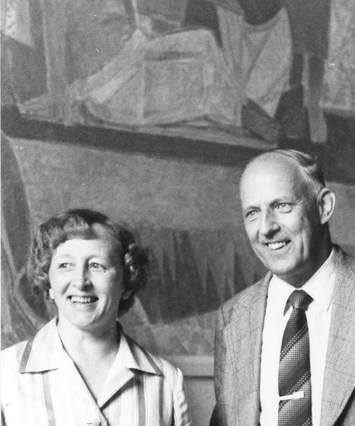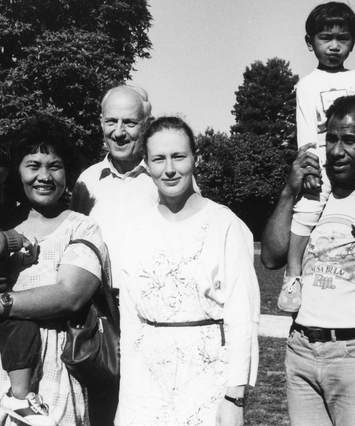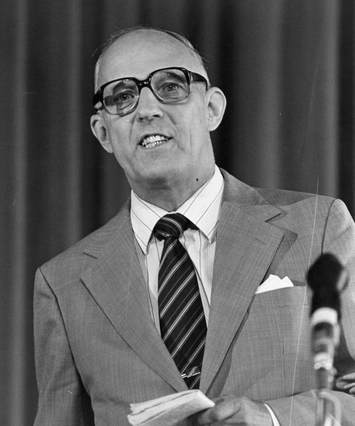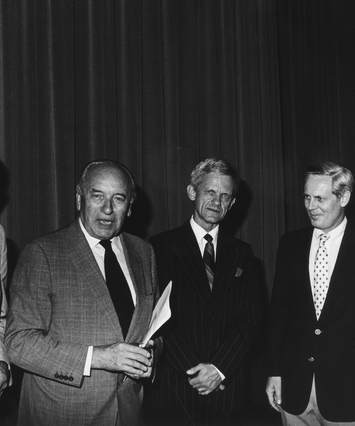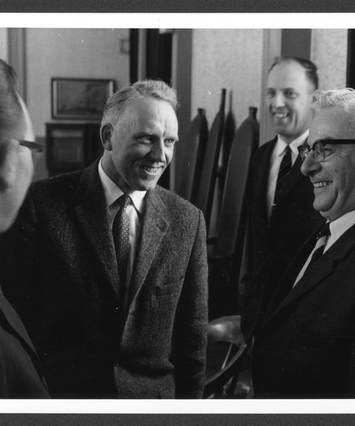Dipl.Ing Paul Gundersen was born on 7 June 1921, in Helsinki. Finland had gained its independence less than four years before he was born, so his life encompassed virtually all of Finland’s first 99 years as a nation. Paul’s father, Ragnar Gundersen, a Norwegian businessman who had grown up in the Netherlands, came to Finland before the First World War; his mother, Elina af Hällström, grew up on a substantial manor estate (and bravely defended her family during the Finnish civil war that followed independence).
Paul was about to start university when the Soviet Union attacked Finland in the ‘winter war’ of 1939; he immediately volunteered for the army and served continuously for five years until he was severely wounded at the great Battle of Ihantala in the summer of 1944. After the war ended, he studied chemistry at the Technical University, before joining a plastics company, during which time he was invited by two leaders of Finnish industry to attend the MRA/IofC conference centre at Caux, Switzerland. It was to be a decisive step.
From 1952 Paul took part in MRA/IofC's international work especially within industry, full time and without pay, for the following 19 years in different parts of Africa, the Arab world, Asia, America and many European countries.
During this period he married a Finnish co-worker, Aino Poussa. From 1971 onwards he resumed his business career, holding a responsible position within the Nokia group, and travelling on all continents, not least the Soviet bloc countries of Eastern Europe. Of course these business journeys gave him ample chance to do MRA/IofC work, as well, and he had a global span of friendships which he maintained throughout life.
In retirement, Paul continued his work with MRA/IofC and he led business seminars (on topics such as ‘Moral foundations for a market economy’) in different parts of the world, especially, from 1992 onwards, in the European former communist countries. He was a mentor and encourager to many engaged in business and industry.
Paul’s various books were altogether published in eight languages, including three in Russian. ‘Thankful at every turn’ comprises the writings of his first wife, Aino, during the final months of her life. ‘Incorrigibly Independent – a Finnish life’ tells more of his story and of lessons learnt. Later publications, including most recently ‘String of Pearls’, have focussed on Paul Nicolai (of Monrepos in Vyborg) who worked in Tsarist Russia during the early twentieth century on behalf of the evangelist John Mott, and who influenced many Finns, including Paul’s uncle, Archbishop Lehtonen. ‘String of Pearls’ shows both how to let things happen, and also how to make things happen – and how to find the wisdom to know when which is needed.
Paul is survived by his Norwegian wife Eva, and by Elina, daughter from his first marriage with Aino.

